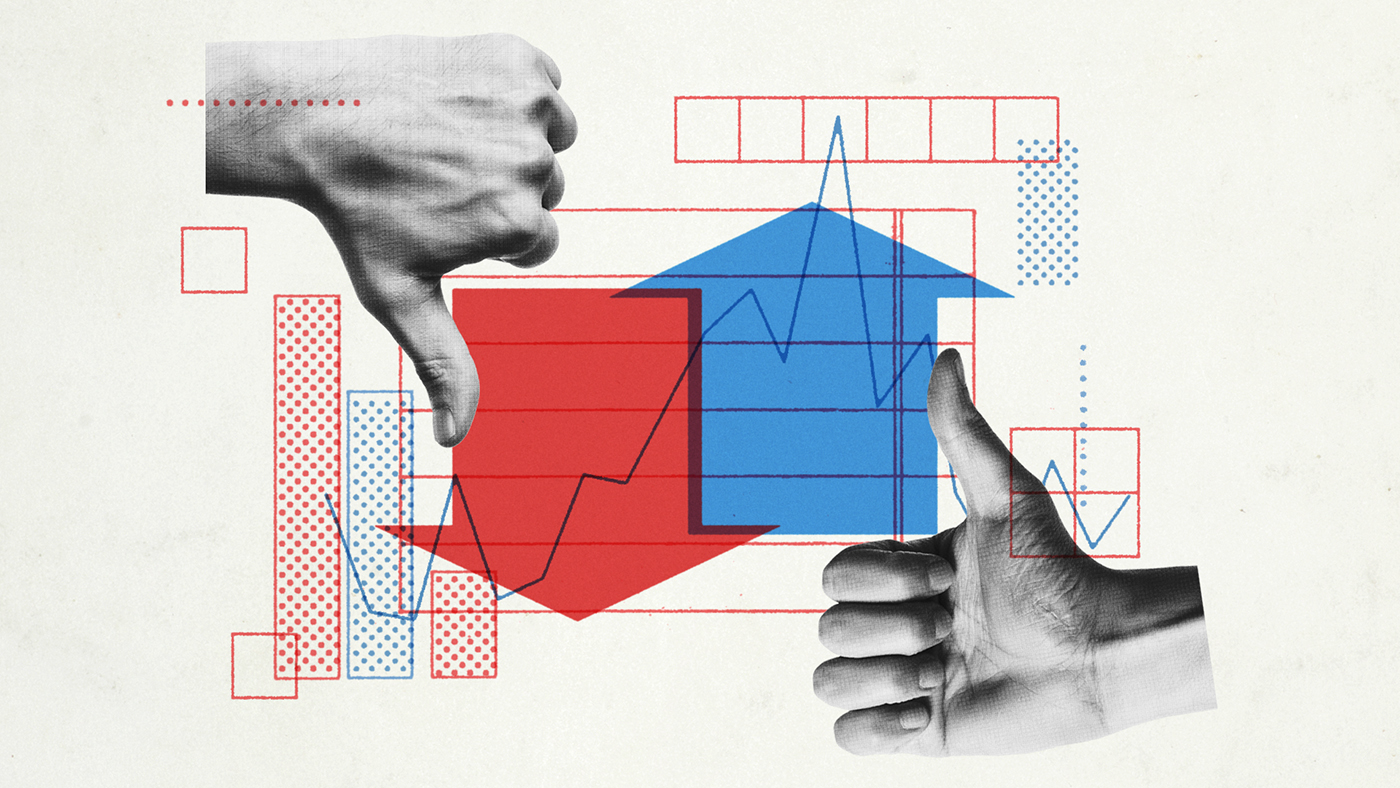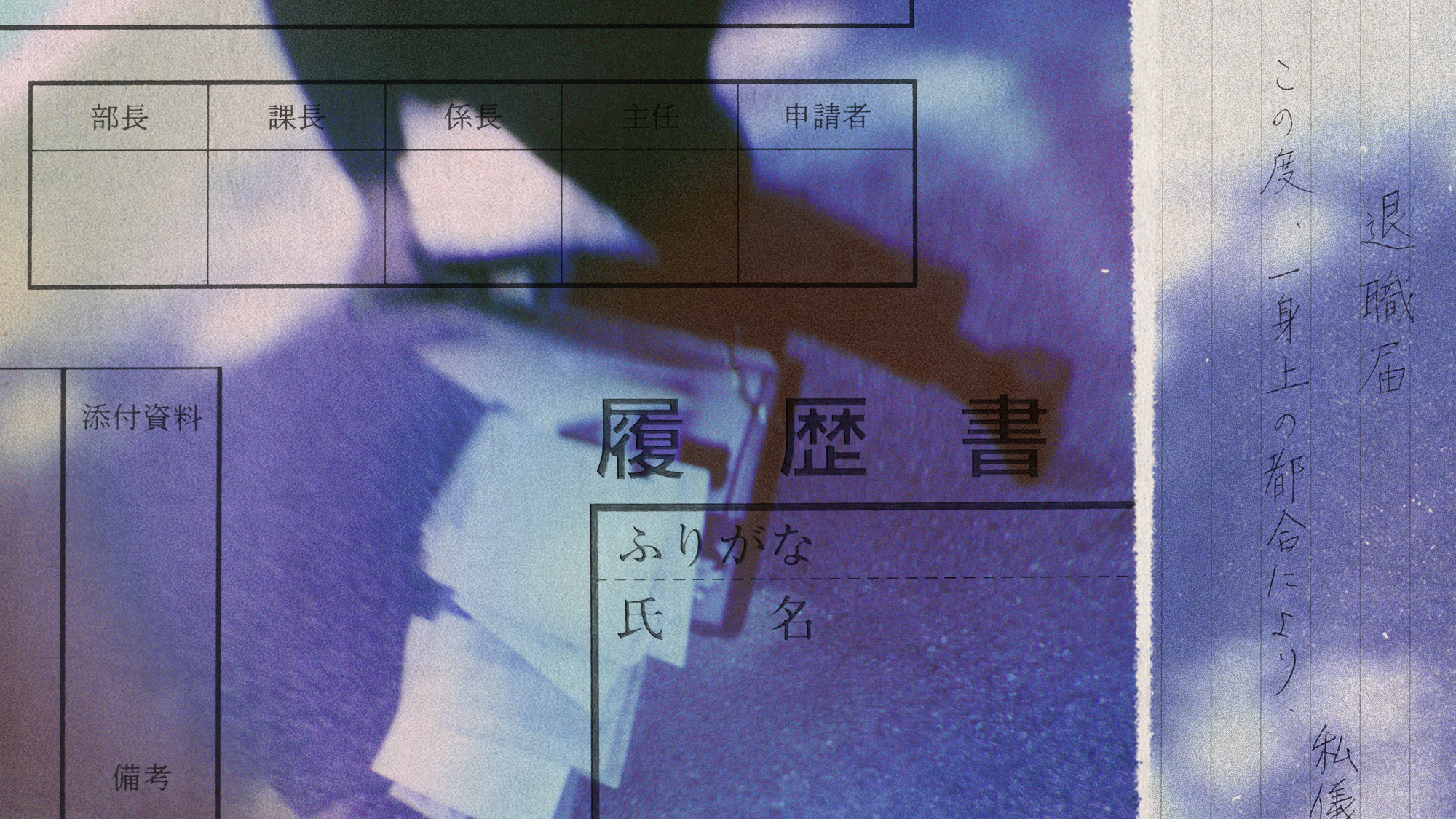Inflation vs. deflation: which is worse for national economies?
Lower prices may be good news for households but prolonged deflation is ‘terrible for the economy’

A free daily email with the biggest news stories of the day – and the best features from TheWeek.com
You are now subscribed
Your newsletter sign-up was successful
As sky-high inflation may finally be coming down for many major economies, falling prices and lacklustre growth in China are stoking fears of a deflationary spiral.
In the UK, economists polled by Reuters expect annual inflation to fall to 6.7% in July, a significant drop from 7.9% in June. Whatever the figures released on Wednesday, the “stakes are high”, said the Financial Times, “after the Bank of England slowed its tightening campaign” of raising interest rates.
Yet as the global inflation shock of the last two years is “reversing almost everywhere with an elegant symmetry” and appears “over bar the shouting”, said The Telegraph’s world economy editor Ambrose Evans-Pritchard, China is sliding into outright deflation as its post-Covid recovery peters out.
The Week
Escape your echo chamber. Get the facts behind the news, plus analysis from multiple perspectives.

Sign up for The Week's Free Newsletters
From our morning news briefing to a weekly Good News Newsletter, get the best of The Week delivered directly to your inbox.
From our morning news briefing to a weekly Good News Newsletter, get the best of The Week delivered directly to your inbox.
What did the papers say?
Temporary deflation may be “good news for households because it raises consumer buying power and helps keep interest rates down”, said The Telegraph. But prolonged periods of falling prices “can suck economies into a low growth trap where pay stagnates and companies are forced to cut jobs to cope with stagnating demand”.
No one likes paying more for something than they did a year ago, but a sustained period of falling prices – deflation – is “terrible for an economy”, said Britannica Money. “People expect prices to fall,” said the site, “so they wait to spend.”
Take the United States and China, the world’s two largest economies, “which face polar economic problems”, said The Washington Post.
With polls showing Americans still feeling the pinch of higher prices and fearful of entering a recession, Joe Biden claimed his aim is to create a “soft landing” by bringing down inflation without causing a spike in unemployment.
A free daily email with the biggest news stories of the day – and the best features from TheWeek.com
The problems in China’s economy are “perhaps more drastic”, said The Washington Post. The latest official statistics released on Wednesday showed consumer prices had fallen by 0.3% over the last year after being stagnant for months.
A pervasive fear of the future has pushed the middle class into “survival” mode, said Chinese economist Cheng Xiaonong, leading people to withdraw from property, equities and business investments and hoard their money. This creates a credit crunch “where consumers cannot access loans to purchase big-ticket items, leaving companies with overstocked inventory and causing further deflation”, explained Investopedia.
Combined with declining international trade and spiralling government debt, this will have “large implications”, said Evans-Pritchard at The Telegraph. China remains the “workshop of the world”, with the scale to shift the global pricing structure that could have serious consequences if Beijing decides to export its way out of an economic depression.
It has led US economic policy expert Adam Posen to argue in Foreign Affairs that what we are seeing now represented the end of China’s decades-long “economic miracle”.
Ultimately, both inflation and deflation can be “positive or negative depending on the extreme to which they reach”, said USA Today.
But while Forbes said a “moderate kind of inflation gives a boost to the economy and proves beneficial for both consumers and producers of an economy”, deflation is “not that easy to tackle” and may create a “depression kind of situation in the country, which can prove dreadful for any economy”.
What next?
While inflation in many developed economies appears to finally be heading in the right direction, the situation for China is more precarious and uncertain, with many pointing to Japan’s “lost decade” of economic growth as a possible indicator of where the world’s second largest economy could be heading.
Following a boom in the 1970s and 80s, Japan’s bubble burst in the 1990s and the country entered decades of economic stagnation and deflation that effectively made its citizens poorer and its national debt more burdensome.
There are some “obvious similarities” between China now and Japan in 1990, wrote economist Paul Krugman in The New York Times. Among these is a “wildly unbalanced economy, with too little consumer demand, kept afloat only by a hypertrophied real estate sector, and its working-age population is declining”.
Yet China also displays striking differences – ranging from high youth unemployment to a stagnating property market – meaning it “isn’t likely to be the next Japan, economically speaking”, said Krugman. “It’s probably going to be worse.”
-
 Local elections 2026: where are they and who is expected to win?
Local elections 2026: where are they and who is expected to win?The Explainer Labour is braced for heavy losses and U-turn on postponing some council elections hasn’t helped the party’s prospects
-
 6 of the world’s most accessible destinations
6 of the world’s most accessible destinationsThe Week Recommends Experience all of Berlin, Singapore and Sydney
-
 How the FCC’s ‘equal time’ rule works
How the FCC’s ‘equal time’ rule worksIn the Spotlight The law is at the heart of the Colbert-CBS conflict
-
 Is the US in a hiring recession?
Is the US in a hiring recession?Today's Big Question The economy is growing. Job openings are not.
-
 Why quitting your job is so difficult in Japan
Why quitting your job is so difficult in JapanUnder the Radar Reluctance to change job and rise of ‘proxy quitters’ is a reaction to Japan’s ‘rigid’ labour market – but there are signs of change
-
 Will Trump’s 10% credit card rate limit actually help consumers?
Will Trump’s 10% credit card rate limit actually help consumers?Today's Big Question Banks say they would pull back on credit
-
 Why Saudi Arabia is muscling in on the world of anime
Why Saudi Arabia is muscling in on the world of animeUnder the Radar The anime industry is the latest focus of the kingdom’s ‘soft power’ portfolio
-
 What will the US economy look like in 2026?
What will the US economy look like in 2026?Today’s Big Question Wall Street is bullish, but uncertain
-
 How will China’s $1 trillion trade surplus change the world economy?
How will China’s $1 trillion trade surplus change the world economy?Today’s Big Question Europe may impose its own tariffs
-
 Is $140,000 the real poverty line?
Is $140,000 the real poverty line?Feature Financial hardship is wearing Americans down, and the break-even point for many families keeps rising
-
 Who will be the next Fed chair?
Who will be the next Fed chair?Today's Big Question Kevin Hassett appears to be Trump’s pick